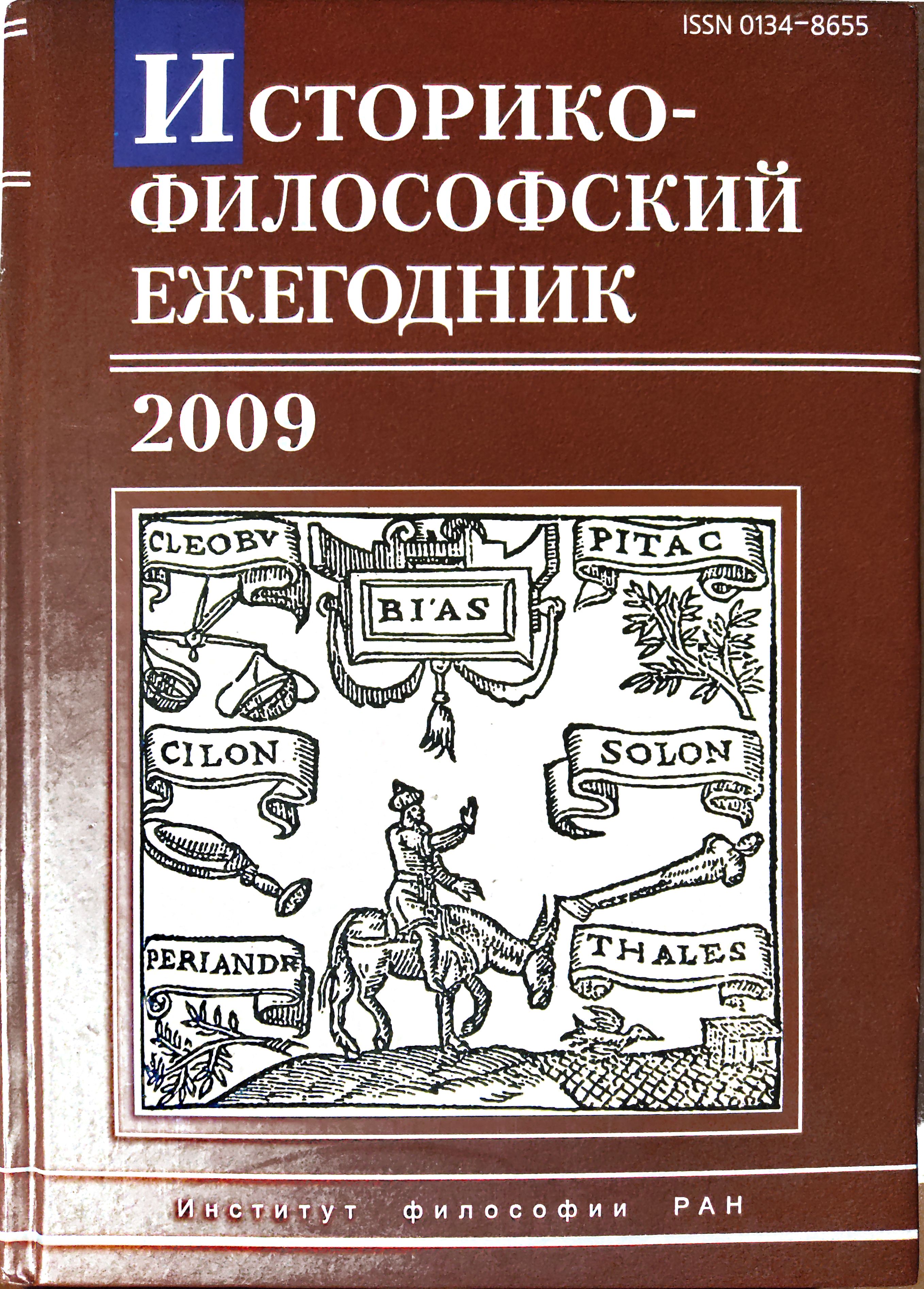Philosophical and Anthropological Views of Watsuji Tetsuro in the Context of his Polemics with West European Thought of the First Half of the 20th Century
Keywords:
Watsuji Tetsuro, Heidegger, Sheler, philosophical anthropology, hermeneutics, human existence, betweenessAbstract
The article is dedicated to description of philosophical and anthropologic views of Japanese philosopher of the 20th century. His concepts are covered in Russian historical and philosophical literature still sporadically and schematically. In the center of author’s interests are Watsuji Tetsuro’s polemics with such West European thinkers as Diltey, Heidegger, and Schehler. It is in these discussions that his concept of human existence acquired distinct form. A special emphasis is made on the analysis of the role of the hermeneutical method in the formation of the philosophical anthropology as well as differences of his hermeneutical approach from Diltey’s and Heidegger’s hermeneutics. The author focuses on detailed analysis of such Watsuji’s human interaction key notions as ningen (human being), aidagara (betweenness), and sonzai (existence).

